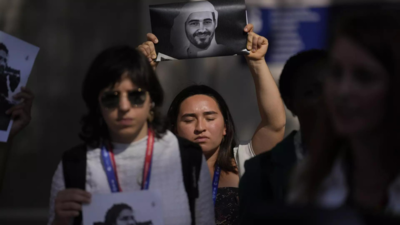
The secret network, described as highly covert, has been accused of infiltrating several sectors including finance and education. The UAE claims this network was established to further the Brotherhood’s political agenda, leveraging seemingly legitimate organizations as fronts for its activities. This development has heightened tensions in the region, particularly concerning the Brotherhood’s influence and activities.
Security experts in the UAE have detailed how the network employed advanced techniques to avoid detection, including encrypted communications and complex financial transactions. The UAE’s Ministry of Interior has stated that the operation aimed to disrupt the network’s activities and prevent its potential impact on national security.
The revelations come amid ongoing scrutiny of the Muslim Brotherhood's operations across the Middle East. Critics argue that the Brotherhood's activities pose a threat to regional stability, given its history of political activism and controversial ideologies. The UAE's findings have intensified debates about the group’s influence and the measures needed to counteract it.
In response, several countries have called for a unified stance against the Brotherhood, urging international cooperation to address the issue. The UAE’s investigation highlights the broader concerns regarding political extremism and the need for enhanced security measures.
The emergence of this new network underscores the persistent challenges in monitoring and managing extremist activities. As the UAE continues to investigate, the international community remains vigilant, seeking to understand the implications of this newly exposed organization and its potential impact on regional dynamics.
Topics
Gcc
